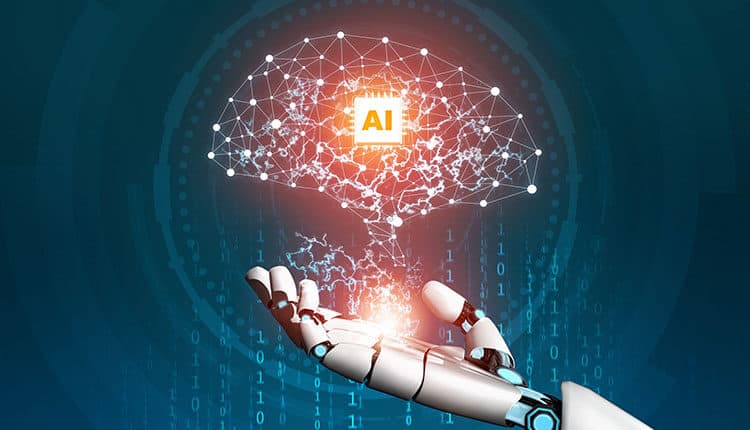By Theuns Kotze, Managing Director Assurance BSI India, Middle East, Turkey and Africa.
Despite being viewed as a technology of the future, artificial intelligence (AI) has already impacted our daily lives in several ways. Right from the time we wake up, till we go to bed, AI is constantly a part of our lives in forms like voice assistants, online banking, OTT, face IDs among others.
Shaping global standards for AI
A number of standards covering significant AI issues are now being developed by the ISO/IEC committee for artificial intelligence under the working title ISO/IEC 42001 ISO/IEC DIS 42001 – Information technology — Artificial intelligence — Management system.
The ISO/IEC 42001 standard, which is being developed by 50 countries, will be essential for improving AI governance and accountability globally. ISO/IEC standardisation brings together the opinions of all relevant stakeholder groups, including SMEs, academia, civil society, and many more. The standard is based on a cycle of setting up, putting into practise, maintaining, and improving artificial intelligence.
Who is involved in the legal framework of AI?
The legal framework controlling AI or the effects of acts made by AI may not always be evident because much of this technology is developed and improved upon by the commercial sector. Some nations have led the way in R&D for AI-based technology and applications, not just for the corporate sector but also for governmental operations. As a result, some nations have begun to address legal and policy issues in the field of artificial intelligence earlier than others.
AI is starting to take centre stage in policy discussions in many nations. Applications of AI for public good, regulation, economic impact, challenges with fairness and global security are the main concerns for policymakers. The following are some considerations for developing AI strategies: establishing a national task group, setting high goals, and being realistic, pinpointing the enablers and stakeholders, educating stakeholders, meeting various stakeholders, doing a global inventory, compiling data, and launching strategy.
Ministry of electronics and its AI Initiatives (MeitY) – Shaping Global AI Standard in India
The Indian government has made it clear that it places a high priority on the development, adoption, and promotion of AI. This strategy is based on the idea that AI has the ability to improve the quality of life and foster an inclusive society. MeitY constituted the following four committees on AI in order to develop a policy framework on AI and take into account the potential effects of AI on the economy and society.
-Committee A: Artificial Intelligence Platforms and Data
-Committee B: using AI to identify national missions in crucial industries
-Committee C: Technology Capabilities Mapping, Key Policy Enablers Needed Across Sectors, Skilling and Reskilling
-Committee D: Legal, ethical, and security issues relating to the internet
India’s standardisation of AI
One of the top 3 global hubs for start-ups is India. These creative brains will be inspired by a national AI programme to co-create solutions and help establish a new, technologically advanced India. The Government of India’s aim to establish Artificial Intelligence focuses on implementation of Centres of Excellence around the nation with help of Invest India as the implementing partner and R&D assistance. India’s low research capacity and dearth of data ecosystems are cited as obstacles to realising AI’s full potential. India ought to establish dual-level research institutions (for both basic and applied research). For the present workforce, it must create learning platforms. Additionally, the nation needs to develop centres for start-up incubation and focused data sets.
Final word
Never-before-seen innovation is being driven by AI and big data across a variety of industries, including manufacturing, healthcare, the economy, security, and education.
Important to note that AI will be driven by Data and the ISO 8000-1:2022. Data quality — Part 1: Overview was revised in 2022. The ISO series on Data Integrity will play an obvious part in AI. Therefore, in order to facilitate quicker acceptance of new technologies, it becomes essential that national and international standardisation is appropriately adopted by several potential partners.



